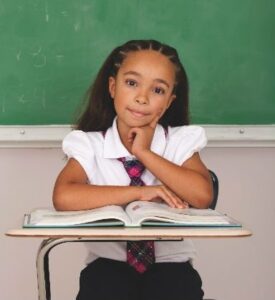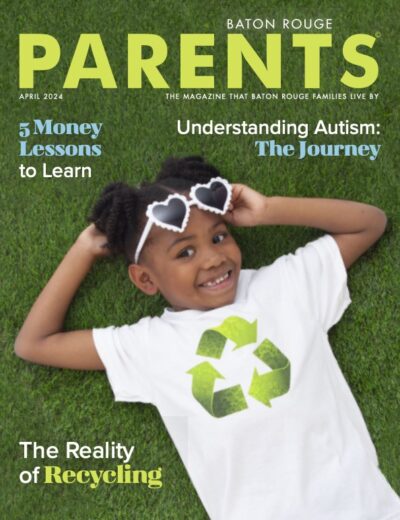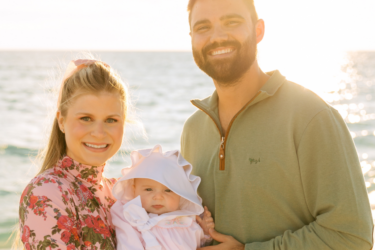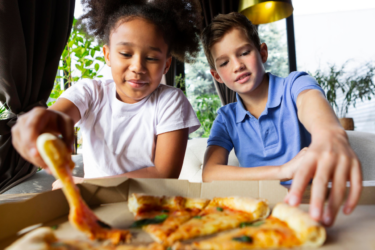
Is a Private School for You?
Deciding where to educate your child can feel confusing and overwhelming. Between public, parochial and private schools, home schooling, and alternative learning environments, your child has a diverse number of classroom and curriculum possibilities to nurture his or her academic curiosities. It is comforting to know you have several educational options that were not available just a few decades ago; however, with all of these options comes the arduous task of making a major decision.
While having a variety of options addresses many personalities and learning styles, knowing what is the best educational environment leads many parents and children alike to the brink of frustration. Feeling pressured to make the best educational decision and ensure your child’s exposure to a variety of academic, cultural, and social experiences tends to compound the already lofty task of choosing a school. The fear of making the ‘wrong choice’ or not offering a child the best possible education can be fueled by well-intending friends and relatives who happily offer their opinion on where and how your child should be educated. Wanting your child to have a balanced social and academic life further compounds the situation.
Educating a child through the public school system is a widely popular and successful choice for many. Recipients of local, state, and federal funding, public schools have significant resources as opposed to the privately funded revenue generated by parochial and private schools. While many parents automatically opt to send their children to public schools, considering all of the options may uncover an educational choice you or your child never considered.
It all starts with a word
As you contemplate where to send your child to school, you probably weigh factors such as availability of transportation, student-teacher ratios, extended curriculum options, after care, district policies, and standardized testing results. While these overpowering phrases obviously weigh heavily in your decision-making process, these elements might not be as high on your child’s list of reasons to attend a school.
Talking with your child could reveal some strong reasons for choosing a private, alternative, or parochial. Discuss your child’s expectations to relieve some of your pressure and help you come to a mutually rewarding conclusion. Perhaps your daughter is very compassionate and wants to participate in the monthly service projects that parochial schools offer. Maybe your son fears wearing a uniform or not making friends in the neighborhood if he doesn’t attend your local public school.
List you and your child’s priorities, fears, and concerns to determine what each of you expect from a school, teacher, and classroom. Before you and your child make a final decision, ask to take a tour of each potential school’s classrooms and building. Grant your child the freedom to ask the principal or teachers questions and to see where he will be learning before you make the decision to enroll him to ensure that everyone will be comfortable with the decision.
Faith based education
Once widely popular a few decades ago, many parochial schools have seen a decline in enrollment. This decline translates into a few potential advantages as well as disadvantages. Unlike the curriculum of many public schools, parochial schools do not limit their teaching to the median student’s ability. With a lower enrollment, parochial schools tend to offer smaller class sizes and curriculums tailored more toward each student’s strengths and abilities. The students focus on respect and consideration as much as they do math and spelling and are encouraged to support and mentor each other.
Although extremely beneficial, this individualized attention and instruction does not come without a price. Smaller class sizes often translate into a tuition bill that averages approximately a few hundred dollars a month. When offered, payment options such as ‘fair ability’ do allow families to pay based on their income or ability eases some of the financial burden. A lower enrollment may also limit some extra-curricular activities or sports.
Most parochial schools also include some aspect of religion in their daily or weekly curriculum. Whether beginning each day with a prayer or having religion factor into student’s grade point averages, faith-based education offers a unique educational experience. Focusing on educating the ‘total’ student, faith-based educators expend just as much energy nurturing a child’s spirit and conscious as they do expanding his knowledge.
Another aspect of parochial and occasionally private schools is the strict dress code. This widely debated topic is thought to limit individuality because it eliminates a child’s expression through clothing. Conversely, uniforms have also been credited with ‘leveling the clothing field’ by removing the chance a child will select clothes based on peer pressure.
Privately alternative
Montessori schools, home based school curriculums, and privately funded schools offer another set of unique educational circumstances.
Similar to parochial schools in that these institutions usually tailor curriculums and require tuitions that can sometimes be hefty, these options generally deviate from what are considered typical teaching philosophies found in public and parochial schools.
Allowing children to work at their own pace or make some of their own educational decisions, schools with alternative learning environments do not always follow a predetermined curriculum. From substituting class work for field trips and having gym class at a local ice rink, alternative education usually appeals to extremely independent or artistic, and free spirited children. The advantage of this type of environment is that a child learns time management skills and how to make decisions that directly affect his success. One possible disadvantage is that a child who struggles with disorganization or is easily distracted finds this type of learning environment difficult to excel in.
As you wade through the advantages and drawbacks to some of your child’s educational options and expectations, take heart in knowing that children are resilient and model your examples. If your child senses your anxiety and frustration, he or she is likely to develop a fear or phobia about entering school. Approaching your child’s education with patience, perseverance and an open mind, you’re certain to make a decision that best suits everyone’s needs.





